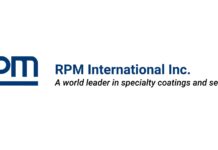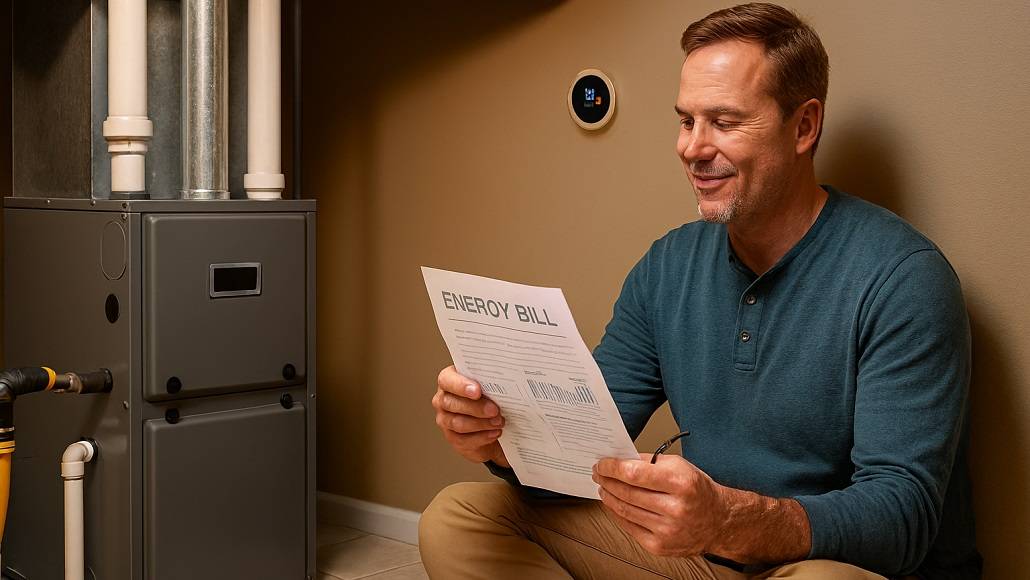Furnace replacements are numerous in Dayton, OH, but depend on the efficiency evaluations to determine what is best. Efficiency ratings represent the percentage of potential energy in fuel that is converted to usable heat by the furnace. The higher the efficiency rating, the greater the energy savings, which leads to lower utility bills. Making the right choice requires a deeper look at how these ratings translate into real-world benefits.
Understanding these ratings improves the homeowner experience by informing homeowners about options that impact both comfort and financial levels. When considering Dayton, OH furnace replacements, efficiency ratings become a crucial factor in making the right choice for your home and budget.
What Are Efficiency Ratings?
Most furnace efficiency ratings are given as an Annual Fuel Utilization Efficiency (AFUE) percentage, which measures how efficiently a furnace converts energy into heat. An AFUE of 90% means 90% of the fuel going into a furnace is converted into heat, and 10% is lost. A higher rating means better performance and lower operating costs.
The Benefits of High Efficiency
There are many benefits to choosing a high-efficiency-rated furnace. Lower energy usage equals bigger monthly bill savings. The savings can eventually compensate for the extra expense of a high-efficiency model. Additionally, emissions are lower with energy-efficient furnaces, leading to a cleaner environment.
How It Affects Your Comfort and Air Quality
Furnaces with higher efficiency tend to provide more stable heating. They offer even temperatures, reducing cold areas in the home. The consistency of this warmth provides comfort and a pleasant feeling during winter. In addition, these furnaces often come with enhanced filtration systems, providing extra help with indoor air quality by limiting dust and allergens inside the home.
Environmental Considerations
When homeowners choose a furnace with a higher efficiency rating, everyone wins, including the environment. Fewer greenhouse gases are produced by consuming less fuel. This reduction contributes to a smaller carbon footprint, making energy-efficient furnaces good for the environment and sustainable energy practices. According to the U.S. Environmental Protection Agency, residential heating accounts for a significant portion of household energy consumption and emissions.
Long-Term Savings and Investment
Choosing a high-efficiency furnace can provide significant savings in the long term. While the initial investment might be higher, the savings on your energy bills will add up over time and end up saving you money in the long run. Plus, there are plenty of rebates and incentives available that help lower the cost of these energy savers to improve the payback period.
Technological Advancements
High efficiency works best when combined with modern technology updates. The ability to control heating accurately is aided by features like variable-speed blowers and smart thermostats. This helps optimize energy use and avoid wastage while maintaining comfort with minimal energy consumption. Smart home technology adapts to the needs of homeowners.
Installation and Maintenance Considerations
To achieve the best performance from a furnace, proper installation is key. The system will be installed correctly and will work at its best, avoiding problems that can arise from poor installation. Regular maintenance is also crucial. Regular checks and repairs will keep it efficient when you need it and sustain the lifespan of the unit.
Evaluating Energy Needs
Before replacing a furnace, one should determine how much energy a home is going to need. Overall dimensions and insulation in the building, as well as the climate, are the main factors determining the selection of an appropriate system. A heating professional can help you find the ideal match to ensure that the new furnace operates at peak efficiency and delivers optimal comfort.
Making an Informed Decision
By researching available models and efficiency ratings, homeowners can buy the right furnace for their home. This encourages balanced decision-making, comparing efficiency, features, and costs. Consulting with experts will reveal further details and make sure that the option is suitable for both immediate and long-term requirements.
Conclusion
Furnace replacement can be a big investment, so establishing trust with local furnace companies is important. Besides saving money and gaining comfort, high-efficiency furnaces promote harmony with the environment. Choosing a high-efficiency appliance means homeowners are investing in a system that pays back in dividends for years to come. The benefits of an efficient furnace are obvious, from lower energy bills to better air quality. Understanding the decision-making process for a new furnace helps keep your home warm while keeping your utility bills and carbon footprint low.

































